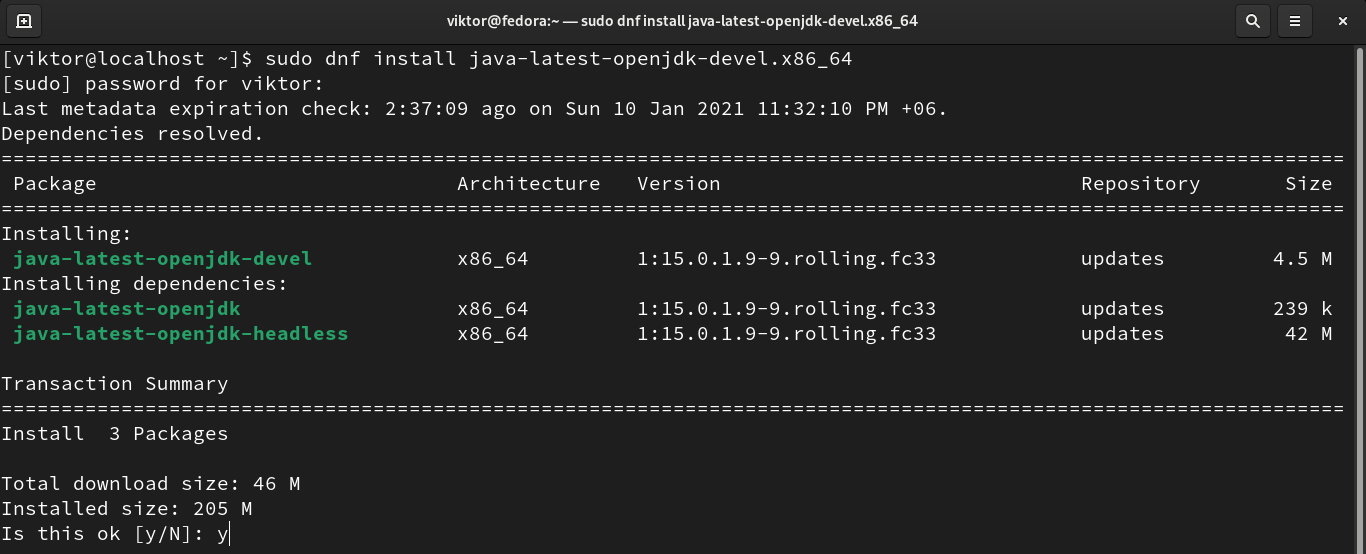

Output: javac 1.8.0_221 Installing Oracle’s OpenJDK 11 on Ubuntu 22.04 and Ubuntu 20.04 Java HotSpot(TM) 64-Bit Server VM (build 25.221-b11, mixed mode)Ĭheck Java compiler version /usr/lib/jvm/jdk1.8.0_221/bin/javac -version Java(TM) SE Runtime Environment (build 1.8.0_221-b11) sudo tar xvf jdk-8u221-linux-圆4.tar.gz -directory /usr/lib/jvm/ Then extract the tar.gz file to /usr/lib/jvm/ directory. Then open up a terminal window and navigate to the download directory. It will prompt you to create an Oracle account.Īfter logging into your Oracle account, you can download JDK 8. Accept the license agreement and download the tar.gz file. So you can not use PPA to install JDK 8 anymore. From April 16, 2019, Oracle JDK 8 uses the OTN (Oracle Technology Network) license, which requires you to create an Oracle account to download JDK 8. Oracle JDK 8 (aka 1.8) no longer uses BCL (Binary Code License). Installing Oracle JDK 8 on Ubuntu 22.04/Ubuntu 20.04

There are other distributions of OpenJDK, such as AdoptOpenJDK and Amazon Correcto.

Oracle’s OpenJDK builds are available at.

If you want commercial support, you can use Oracle JDK, which is released under OTN (Oracle Technology Network) license. The differences between the two are cosmetic, packaging and license. Starting with Java 11, Oracle JDK and Oracle’s OpenJDK builds are now functionally identical and interchangeable. Closed-source features of Oracle JDK, such as Java flight recorder and Java mission control, are pushed to OpenJDK. Oracle started providing its own OpenJDK builds since Java 9. That means Java 9 and Java 10 have already been phased out. Non-LTS releases will no longer receive update once the next version comes out. Java 8 will be receiving updates through 2025. Every 3 years, there will be a LTS release (Long Time Support), which is supported for 8 years, to appease company management. They like innovations.Īfter Java 9, Oracle releases a new major version of Java every 6 months to make developers happy. Other people, often developers, think this is too slow. (It took 3 years to release Java 9, because of Jigsaw.) Some people, often company management, like this model because it makes production stable. Previously, Oracle releases a new major version of Java every two years, a minor version every 6 months. Java 11 has been released on Septemand it’s the first long term support (LTS) release since Oracle changed release schedule. This tutorial is going to show you how to install Oracle Java 8 and OpenJDK 11 on Ubuntu 22.04/Ubuntu 20.04.


 0 kommentar(er)
0 kommentar(er)
